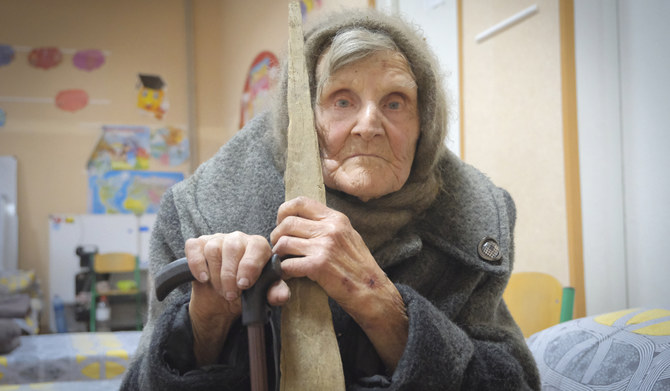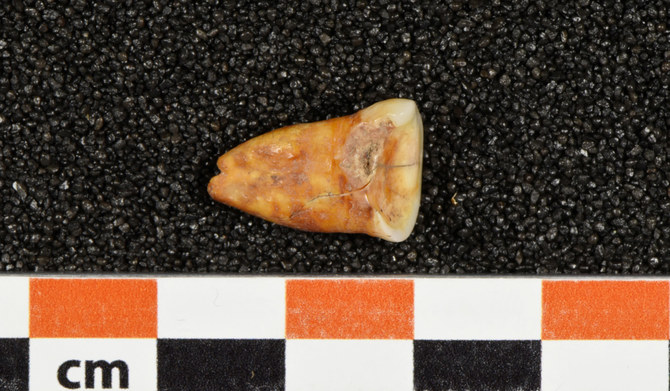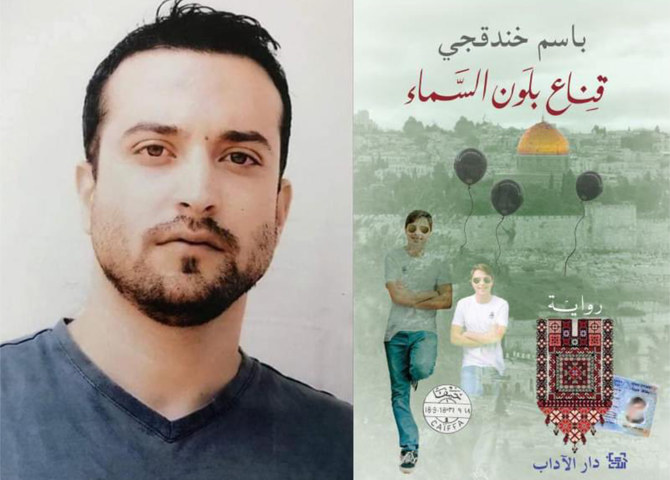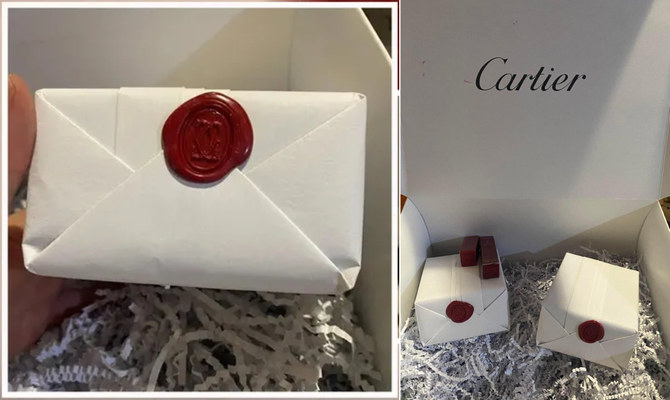They’re slick, smart and sassy, just as the tunes they roll on the DJ consoles. Say hello to the Southern Californian lads Bruce Karlsson and Nick Sember aka ‘Norin and Rad’, the latest entry of American artists seen dabbling with EDM but definitely making it count.
Adopting their stage moniker as a playoff on their favorite comic character ‘Norrin Rad’ from the Silver Surfer series, the duo have been undoubtedly surprising EDM watchdogs with their intensely diverse spectrum of sounds since having been introduced to trance in 2009 and “falling in love with it”.
Their remixes continuously grabbed weekly features on Armin Van Buuren’s ‘A State of Trance’, in addition to their seminal tracks like ‘Bloom’, ‘Zion’, ‘Pistol Whip’ and ‘Five finger Death Punch’ that garnered massive airplay on Above and Beyond’s radio show.
Arab News sat down with the boys for a fun chat to learn about their sound, things they carry in their tour-bag and their next artist album. The excerpts:
You guys are one of the few American DJ’s playing trance at a time when the EDM sound in America has just only caught on. Do you feel there’s some kind of pressure to deliver?
Nick Sember: Honestly, there can be. But the pressure is only on if you listen to what’s around you. What we’ve always done is stayed true to what we love, what sounds we love, whether it be the electro or house influence. The one thing that always grabbed us when we were listening to EDM is the lush breakdowns and melodies of trance music. It’s the emotions that you feel, and you can’t feel that from a lot of other genres. The connection you feel from trance music is just so pure and amazing. In America it’s not big, but when Bruce and I were introduced to it we fell in love with it.
What were you listening to before dabbling in the dark sound of trance?
Bruce Karlsson: I was really into hip hop like Flying lotus, and you know, just alternatives; Incubus and all that.
Nick Sember: I was listening to hard-core music. I was dipping my feet in everything. I used to listen to a bit of hip hop, but mainly it was rock or alternative rock.
You’ve been signed onto the very revered Anjunabeats label. How has the association been so far?
B, N: Amazing.
N: We’ve only been on it for like a year now and we feel like we’ve been on it forever.
B: Honestly, they take you in, they make you feel like family. It’s not just with us either, or their artists. It’s also with their fans, you know. And that’s what we love about their label. When we were asked to be a part of it, we were just beside ourselves. We were so happy because it was our goal ever since we were introduced to EDM. We were like, ‘Anjunabeats is our goal’. Their hospitality, the other artists on their label; you know it’s just, it’s a big family. It’s amazing.
You’re currently working on a new album?
N: Yes, just started in fact. Our goal is to try to get it out by next summer. But it’ll probably take a little longer than that. Maybe around winter time; Christmas to be precise.
What can we expect in terms of the style and texture of sounds?
B: The vibe of the album is going to be everything we’ve ever been influenced by. It’s going to be one big mess, it’s going to be very diverse. There’s going to be everything from glitch hop, hip hop to classical style music. We’re even doing just a few random experimental. I mean, we don’t even know what genre to call it, it’s weird. We’re just trying to put a lot of stuff together and really it’s coming out really unique. The ideas we’re bouncing around, we’re really excited to push out. We’re obviously gonna have our normal style but we’re really gonna hammer our fans and introduce them to what we’ve been really inspired by lately.
How do you decide which tracks go into the sets you play in the different cities that you tour?
B: When you’re just driving through the city you get a vibe you know, a feeling for what the people want, like what kind of city it is. And when you see the club you get to know what the nightlife is. Honestly, I’ll be changing our set even until we’re getting on, and I’ll still be changing it. Just because you know we try so hard to get the vibe correct for the crowd. It’s all about the emotion and we love that.
Many of your remixes received continuous play on ASOT and TATW. Any particular tracks you want to remix in the coming future?
B: Daft Punk’s ‘Robot Rock’. We’ve wanted to remix that since we’ve started. And then, we’re really trying to get on board to remix like Mike Snow or Dada Life.
N: Yes, and Daft Punk. That’s definitely a goal for us for sure. I heard that you want to move away from the restrictions of a genre.
N: Like we said, we love trance music. We make sure our breakdowns are very lush, but what we do is not necessarily trance. When we do our baseline people will call it house but with an electro touch to it. I mean people will call it what they wanna call it. But what we don’t want to happen is to label it as strictly trance and then trance fans listen to us and they get disappointed. We want them to know that if you’re gonna listen to us just be prepared to be open-minded because it’s going to be very diverse.
You featured in a lot of festivals in 2012. Any destinations you’re particularly looking forward to play at?
N: Ibiza for sure. And Japan is one spot we definitely want to play in.
B: We’ve played at the biggest festivals I think you can play in. It’s been unreal you know. I mean, from a year ago, just putting our tracks out to everyone, trying to see who likes what to playing alongside Above and Beyond and Andrew Bayer. People that are our heroes, you know. And they’re calling us their colleagues. It’s unreal. It’s a great feeling.
Any three must-have essentials in your bag while touring?
B: A book, a deck of cards, and chaptick. Yes, chapstick, and lots of it.
What are you looking forward to in 2013?
N: Our album for sure and pretty much all the gigs we’ll be playing with Andrew Bayer and Above and Beyond and the rest of the crew. We kind of almost don’t know what’s ahead for us yet but we’re definitely sticking our goals right now to push the album forward in the future.
B: We just got signed onto AM Only agency so there’s no telling what kind of gigging we’ll be doing in 2013.We’re just really excited and looking forward to it all.























